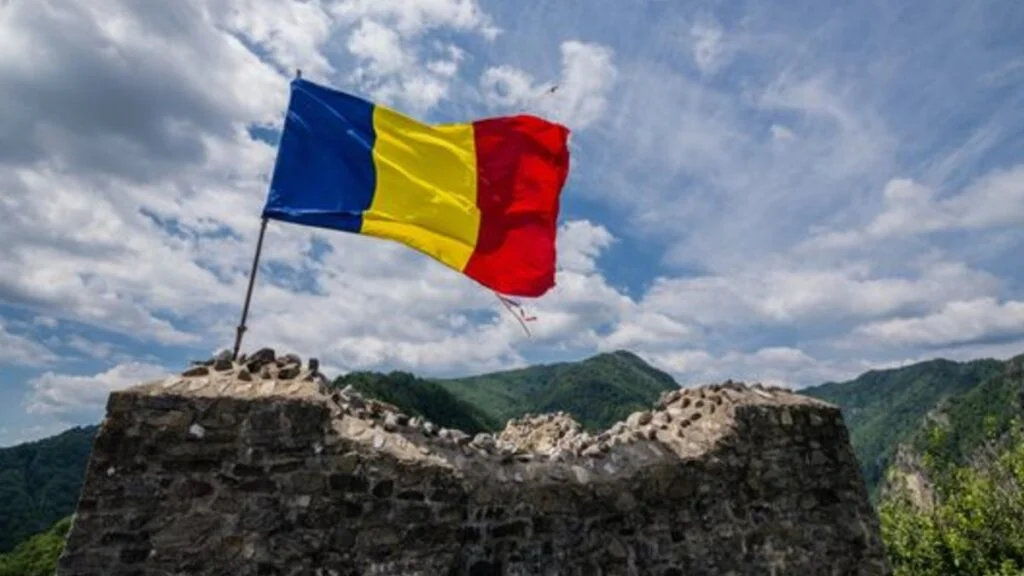The Informatics Institute of Romania is getting ready to introduce an institutional NFT trading platform, leveraging Web3 to connect the public and private sectors.

With the introduction of a proprietary nonfungible token trading platform, Romania’s National Institute for Research and Development in Informatics (ICI Bucharest) hopes to accelerate Web3 adoption in the nation.
The ICI D|Services institutional NFT platform, which intends to connect users and institutions in the public and private sectors, will launch on April 26.
The platform’s primary function is that of an NFT market, enabling both individual and institutional users to create, hold, and exchange NFTs. Dr. Paul Niculescu-Mizil Gheorghe, the coordinator of the ICI Bucharest blockchain laboratory, was contacted to discuss the motivations driving the nation’s adoption of Web3-based technology.
Over the past five years, ICI Bucharest has mostly concentrated on research and development, but as the field gains popularity worldwide, it has turned its focus to investigating blockchain, Web3, and nonfungible assets.
According to Gheorghe, NFTs have grown significantly in popularity in recent years as a result of their potential to produce distinctive and rare digital assets that may be used in a variety of use cases.
Due to their increased value as assets for institutions, the NFT platform was proposed by ICI Bucharest in late 2021.Midway through 2022, the organization began creating and implementing the marketplace system’s architecture in collaboration with MultiversX, which is the first strategic project utilizing the blockchain infrastructure supplier.
According to MultiversX CEO Beniamin Mincu, the agreement also entails the creation of a decentralized Top-Level Domain (TLD) and Domain Name System (DNS) ecosystem.
The project, according to Gheorghe, a PhD in Industrial Engineering and Blockchain Technology, has received support from both the Ministry of Research, Innovation, and Digitalization of Romania and the Secretariat-General of the Romanian Government.
“Our institute wants to create a bridge between the young generations and the public institutions values, initiating a comfort zone for the interactions with the digital space.”
Five distinctive NFT collections created in association with a few well-known Romanian athletes, companies, and institutions will be featured at the platform debut.
Among them are the Romanian Olympic and Sports Committee, the Central University Library in Bucharest, David Popovici, an 18-year-old who holds the 100-meter freestyle swimming world record, the Romanian news service Agerpres, and Romfilatelia, a national philately group.
According to Gheorghe, the government of Romania’s backing of creative initiatives like ICI D|Services increases the nation’s economic potential by creating new revenue sources, promoting economic growth, and developing an inventive and entrepreneurial culture.
“Blockchain technology increases the efficiency of the institutions, to approach solid use cases based on digital asset management, transparency, security in various institutional operations, such as in education, health, transport, land registration, supply chain management.”
The Romanian government is committed to embracing technology and promoting new chances for user interaction between individuals, businesses, and institutions. Mincu reiterated same comments.
